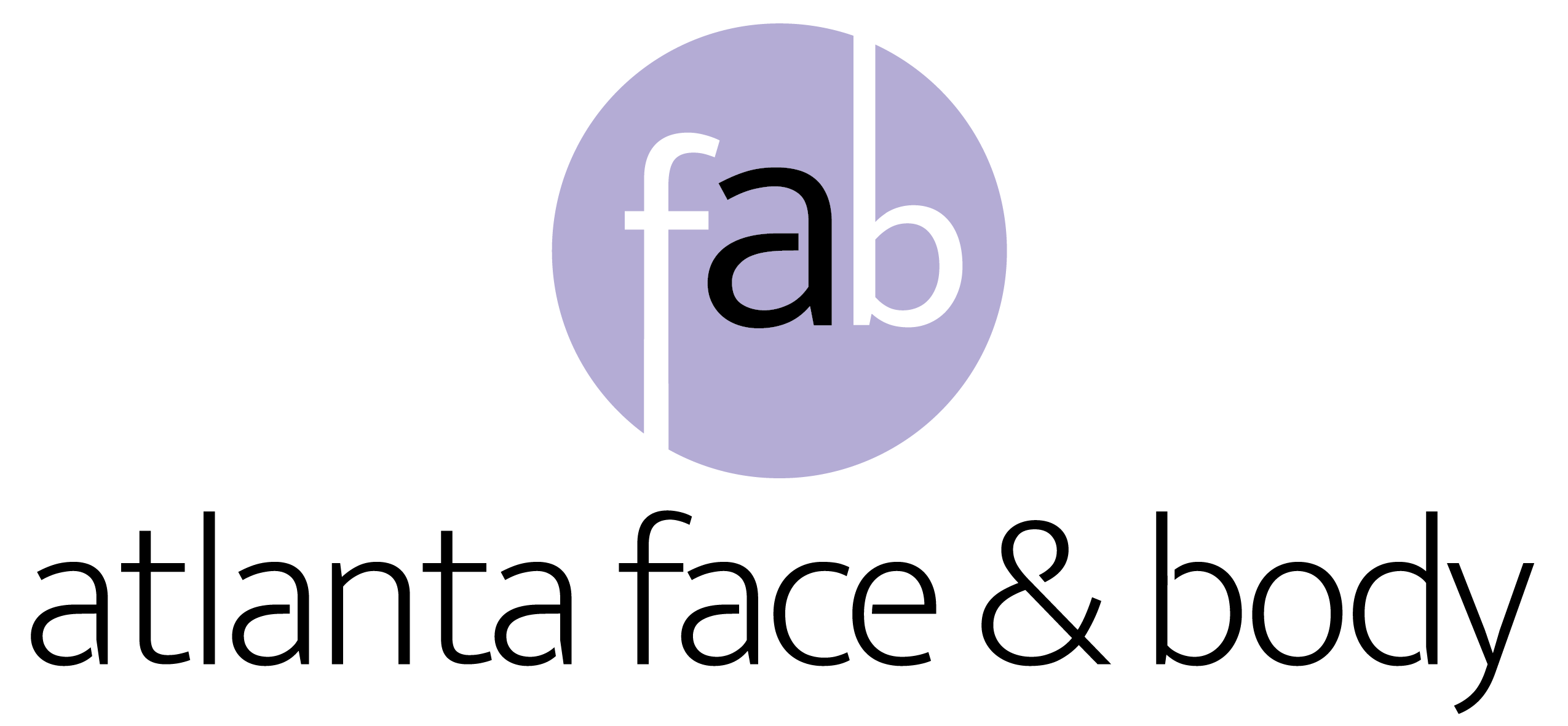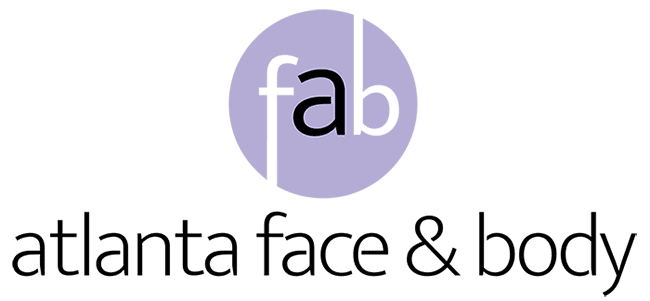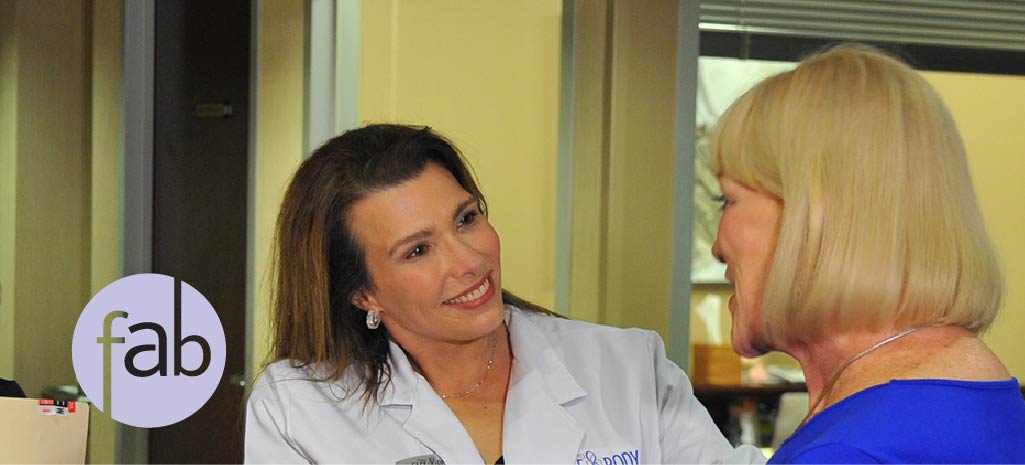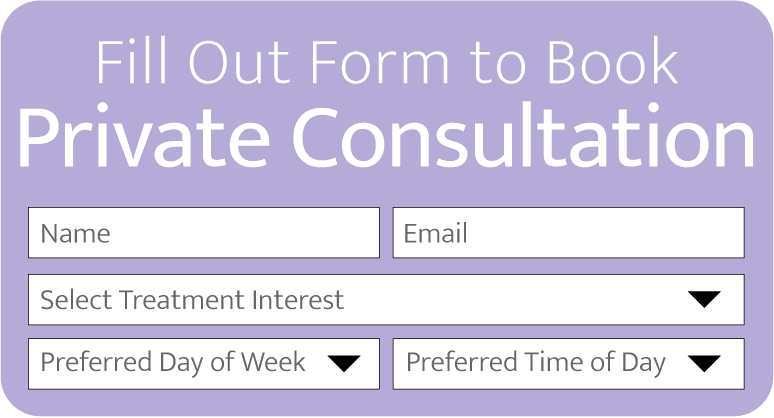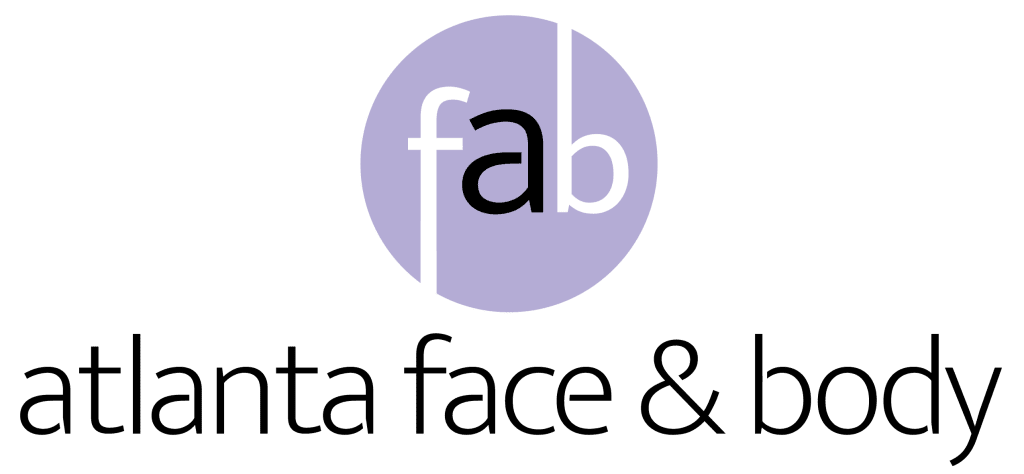Every year, there are over 15 million combined cosmetic surgery procedures in the United States.
There are a variety of cosmetic procedures performed overall, from facelifts to tummy tucks.
But not all of them are performed by a board-certified plastic surgeon. This allows for a wide variation in results that patients achieve and their ultimate satisfaction.
Regardless of the procedure, it is important to understand the difference between a board-certified plastic surgeon and another medical specialist. The training pathways differ between those who have achieved this certification and those who have not.
Read on as we explain why you should choose a board-certified plastic surgeon for your cosmetic surgery.
What Is a Board-Certified Plastic Surgeon?
Plastic surgeons are highly specialized surgeons who focus on performing reconstructive or cosmetic procedures.
They see patients of all ages. Their patients have reconstructive problems all over the body. They can see conditions including birth disorders, abrupt injuries, long-term illnesses, and burns.
The base training for plastic surgeons is in reconstructive surgery and general surgery. However many plastic surgeons choose to go on to become cosmetic surgeons. Cosmetic surgeons do procedures that help to improve a patient’s form or appearance as a primary goal.
It’s important to know that not all plastic surgeons are also cosmetic surgeons. Similarly, not all providers who call themselves cosmetic surgeons have board certification from accredited medical boards.
How Does Someone Become a Board Certified Plastic Surgeon?
Plastic surgery is one of the single most competitive fields in all of medicine. When graduates of medical school classes are deciding how they want to specialize in their medical practice, obtaining a residency position to train in plastic surgery is one of the most difficult paths to take.
Beyond that, training in plastic surgery can be one of the most rigorous paths after medical school. Some training pathways will last over a decade.
During this time, surgeons develop skills under supervision in residency and fellowships.
There are two ways that a plastic surgeon can become board-certified. A new and popular path for plastic surgeons is to complete a six-year integrated residency program. This program combines general surgery and plastic surgery into a single plan of training.
Other Accepted Pathways
Similarly, doctors can complete a five-year general surgery residency, in which they will operate on other organs. Then, they will complete a three-year plastic surgery residency. This residency is dedicated solely to reconstructive and cosmetic procedures.
Alternatively, medical students can enter otolaryngology residency from medical school. This is a five-year residency that focuses on procedures of the head and neck region. After this residency, they can be accepted into a training program in facial plastic surgery.
The surgeon can then take an exam to qualify for board certification. After they receive the certification, they will be allowed to practice plastic surgery in the state.
There are many plastic surgeons who are board-certified who continue on in their education doing one or two-year fellowships.
This might be, for example, a breast fellowship. In this fellowship, they will learn procedures affecting the appearance or size of breasts. They will also learn how to rebuild the breast after breast cancer surgery.
They can also take a fellowship in other areas of surgery. Some doctors may train in craniofacial surgery, which often focuses on facial deformities in children.
What Are the Procedures That a Board Certified Plastic Surgeon Is Qualified to Perform?
Plastic surgeons are trained to perform a wide variety of cosmetic procedures that can alter a person’s appearance.
There are many face and neck procedures available to patients. These include brow lifts, facelifts, chin surgery, and rhinoplasty. Each of these surgeries is commonly performed by facial plastic surgeons every year.
Cosmetic surgeons also perform body lifts in which they change the appearance by removing skin or soft tissue. Common examples include abdominoplasty, brachioplasty, and body contouring.
And as described, many surgeons will complete breast fellowships. They will focus on breast augmentation, breasts reduction, breast lifts, and more.
What Is the Difference Between a Board Certified Plastic Surgeon and Another Cosmetic Provider?
Unfortunately, in recent years, there have been many reports of cosmetic surgery providers who have attempted cosmetic procedures on patients that did not end well. They ended up giving patients unfavorable outcomes and reducing the reputation of plastic surgeons in their community.
The majority of these surgeons have not gone through official plastic surgery training programs. Similarly, they have not qualified for accredited board certification.
There are a few board certifications that matter most. They offer the highest standard of certification. For general plastic surgeons, it is certification by the American Board of Plastic Surgery, or ABPS.
For facial plastic surgeons (including otolaryngologists), it is certification by The American Board of Facial Plastic and Reconstructive Surgery, or ABFPRS.
It’s important to note that complications can occur with any type of surgery. However, providers who have gone through this rigorous training minimize this risk.
The ABPS and ABFPRS aim to produce providers who can achieve optimal outcomes in a safe manner with minimal complications. ABPS-certified providers receive licenses to practice the entire spectrum of plastic surgery.
This includes reconstructive and cosmetic procedures. However, many plastic surgeons will limit their practice to solely focus on cosmetic surgery.
Otolaryngologists and some general surgeons can achieve certification from the ABFPRS. This allows them to perform the highest standard of plastic surgery in the head and neck area. They do not perform invasive surgical procedures elsewhere on the body.
Avoiding Other “Certified” Providers
You want to find a surgeon who practices cosmetic surgery to the high standards of the profession. To do this, you need to ensure that they are board-certified.
Specifically, they need to be board certified by the ABPS or ABFPRS. Other qualifications may make a physician “board certified”, but by a different “board” with lower standards.
Some of these other physicians include general practice physicians, dermatologists. Some nurses have been involved in these procedures. They have taken weekend courses in cosmetic surgery and achieved a “certification.”
The botched procedures resulting from this practice have alarmed board-certified plastic surgeons. The ABPS and ABFPRS are now taking measures to ensure that these other providers are not allowed to continue practicing.
It is true that cosmetic procedures are often not considered medically necessary. However, they are life-altering procedures that can have significant effects on an individual’s health and safety. Therefore, plastic surgeries need to be performed to a high standard so that they do not put patients at risk.
How Can I Know If My Doctor Is Board Certified?
Simply put, patients need to ask their doctors a lot of questions before undergoing a major procedure that could alter their bodies.
Specifically, ask if the doctor is board certified by the ABPS or ABFPRS. They should also request before and after photos of the specific procedure they are seeking as well as other procedures.
Another important question to ask is where they perform their procedures and where your surgery will be scheduled. Only board-certified plastic surgeons can perform surgery in state-licensed, accredited facilities.
Finally, you can go to the American Board of Plastic Surgery website to confirm whether or not your surgeon is certified.
What Are the Benefits of Seeing a Board-Certified Plastic Surgeon?
Seeing a board-certified plastic surgeon offers several benefits to you as a patient. Here are the most important:
1. Expertise
As discussed above, you want your surgeon to be an individual who has gone through the high standards of plastic surgery training. It may be legal in many cases for other medical professionals to perform these cosmetic procedures. But they are not practicing to the high standards of specialty.
Simply by the fact that a surgeon has completed this level of training, they have often performed a much higher case volume. They have seen it all.
This goes for most if not all cosmetic procedures, especially compared to someone who has not achieved the certification. Rigorous training ensures that you are getting the safest and highest level of artistry.
You want to see a provider who has seen so many different types of cases that they know how to provide the best strategy for your cosmetic approach.
In most cases, the more experience the better, and choosing a board-certified surgeon ensures experience.
2. Safety
The other side of this coin is the experience of board-certified surgeons.
The experience does not always serve as a measure of safety. But board-certified surgeons have completed 300 hours of training in specific types of cosmetic procedures. As a whole, the specialty and its leaders have deemed this a sufficient amount of training to be able to perform procedures safely.
You want to know that your doctor has hands-on experience in the operating room. This way they can resolve any issues that may arise because they have seen them before.
3. Lifelong Learning
Fortunately, physicians do not keep their certification forever. They cannot continue being a board-certified surgeon without more learning. They have to expend more effort in continuing to learn about the newest methods and treatments.
It’s a very good thing that it’s mandatory that physicians continue to seek ongoing training. This way, all certified providers are forced to stay safe and up to date.
Part of board certification requires certain tests to be completed with a passing score. These are very challenging tests that take years of experience to be able to pass.
Once a surgeon has passed the certification, you can be confident that they are up-to-date. They have shown they know the latest procedures within the field of plastic and reconstructive surgery.
Our Board Certified Facial Plastic Surgeon
Dr. Elizabeth Whitaker is the lead surgeon for Atlanta Face and Body. She completed her medical education at the prestigious Duke University School of Medicine in 1993.
After medical school, she trained in Otolaryngology-Head and Neck Surgery at Emory University School of Medicine. She completed a five-year training program there. She then finished a Plastic and Reconstructive Surgery Fellowship at Tulane University.
She is board certified by the ABFPRS as well as the American Board of Otolaryngology.
This is the highest training standard available to facial plastic and reconstructive surgeons.
Dr. Whitaker performs a wide variety of face and body procedures. She focuses her surgical procedures on the facial region. She performs facelift surgery, brow lifts, cheek, lip, ear, and chin procedures.
Dr. Whitaker loves to speak with patients about their cosmetic goals. She loves making a difference.
She knows that a cosmetic procedure can take an individual from feeling insecure about their body to feeling empowered. This can be dramatic and truly change a person’s life. She finds it gratifying to work toward helping patients achieve this outcome.
This has allowed her to become one of the nation’s top facial plastic surgeons after years of intense study and training.
The Highest Standard of Care
Make sure to choose a board-certified plastic surgeon for any upcoming cosmetic surgery. This should be a surgeon certified by the ABPS or ABFPRS. This will ensure the best possible outcome and the lowest risk of procedures overall.
Dr. Elizabeth Whitaker compassionately helps patients achieve their cosmetic and functional goals. She performs a wide variety of facial plastic procedures and non-surgical body procedures. If you are interested in a consultation with Dr. Whitaker, please contact us today.
